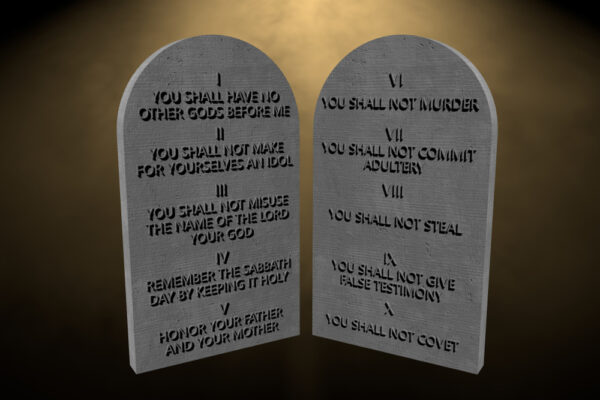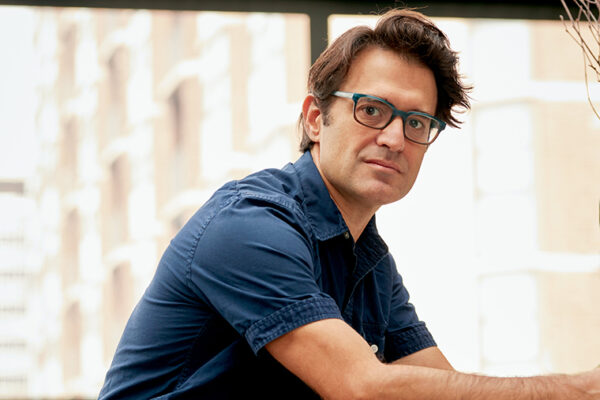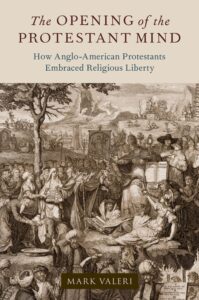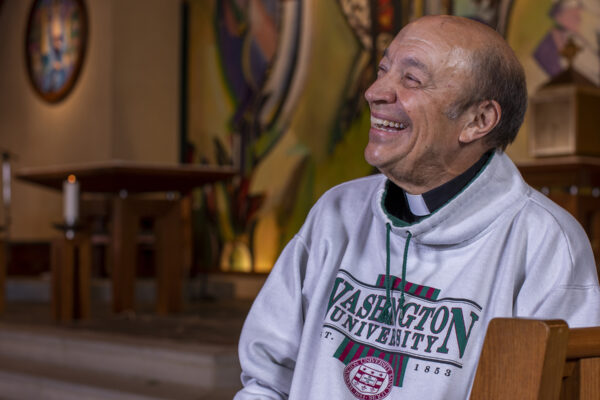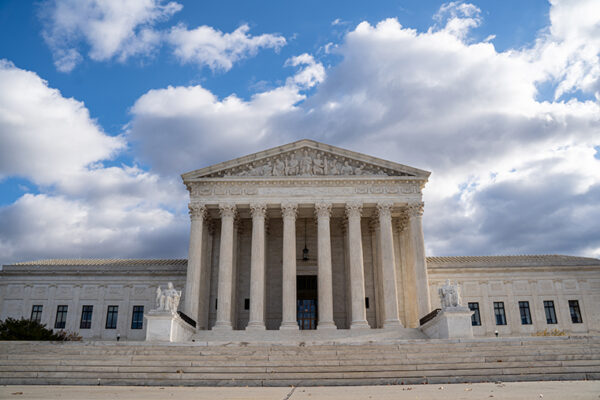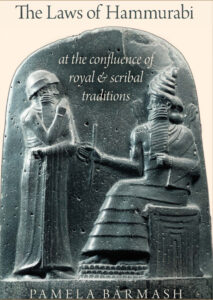Ten Commandments display probably not legal
Louisiana’s recent legislation requiring the display of the Ten Commandments in every public school classroom is likely unconstitutional under the current framework of the Establishment Clause, said an expert on law and religion at Washington University in St. Louis.
Oppenheimer named Religion & Politics executive editor
Mark Oppenheimer, a well-known religion journalist and author, is the new executive editor of Religion & Politics, an online journal published by WashU’s John C. Danforth Center on Religion and Politics.
Millennial Jewish Stars
Navigating Racial Antisemitism, Masculinity, and White Supremacy
A case study by Jonathan Branfman, AB ’06, on six young Jewish entertainers and what their success reveals about race, gender, and antisemitism in America.
‘Democracy Awakening’ author Heather Cox Richardson to speak
The John C. Danforth Center on Religion and Politics at Washington University in St. Louis will host a discussion with Heather Cox Richardson, author of “Democracy Awakening: Notes on the State of America,” from 7-8:30 p.m. Monday, Dec. 4, in Graham Chapel.
The Opening of the Protestant Mind
How Anglo-American Protestants Embraced Religious Liberty
During the mid-17th century, Anglo-American Protestants described Native American ceremonies as savage devilry, Islamic teaching as violent chicanery, and Catholicism as repugnant superstition. By the mid-18th century, they described amicable debates with Algonquian religious leaders, conversations with Muslim scholars, and encounters with priests in Catholic Canada and Europe.
What explains this poignant shift?
Wonder, enchantment and the epic of evolution
As a biology faculty member, Professor Emerita Ursula Goodenough invited non-science majors to understand and reflect on the history of life on Earth. The second edition of her book, The Sacred Depths of Nature: How Life Has Emerged and Evolved, brings the wondrous saga to a new audience.
To love boldly
In 32 years as spiritual leader of the CSC, Fr. Gary Braun has made a lasting impact by challenging generations of WashU students — Catholic and non-Catholic — to be better. But it’s nearing time for him to begin a new chapter.
SCOTUS ruling hints at why religious freedom means living with views we don’t like
While the ruling in the Maine case is unsurprising given the court’s recent decisions around freedom of religion, some of the rhetoric around the case misrepresents the role of constitutional protections for religion in a pluralistic society, said John Inazu, expert on law and religion at Washington University in St. Louis.
Finding your own answers
In the course ‘The Good Life Between Religion and Politics,’ students learn the importance of asking questions about what constitutes a well-lived life.
The Laws of Hammurabi
At the Confluence of Royal and Scribal Traditions
The Laws of Hammurabi is one of the earliest law codes, dating from the eighteenth century BCE Mesopotamia (ancient Iraq). It is the culmination of a tradition in which scribes would demonstrate their legal flair by composing statutes on a repertoire of traditional cases, articulating what they deemed just and fair. The book describes how […]
Older Stories
